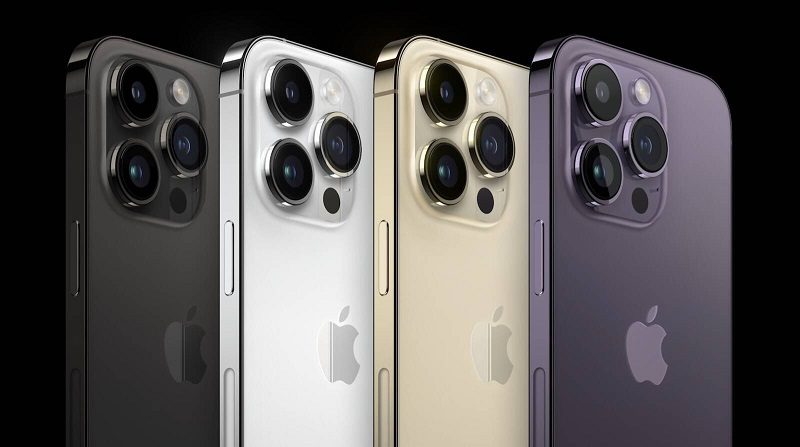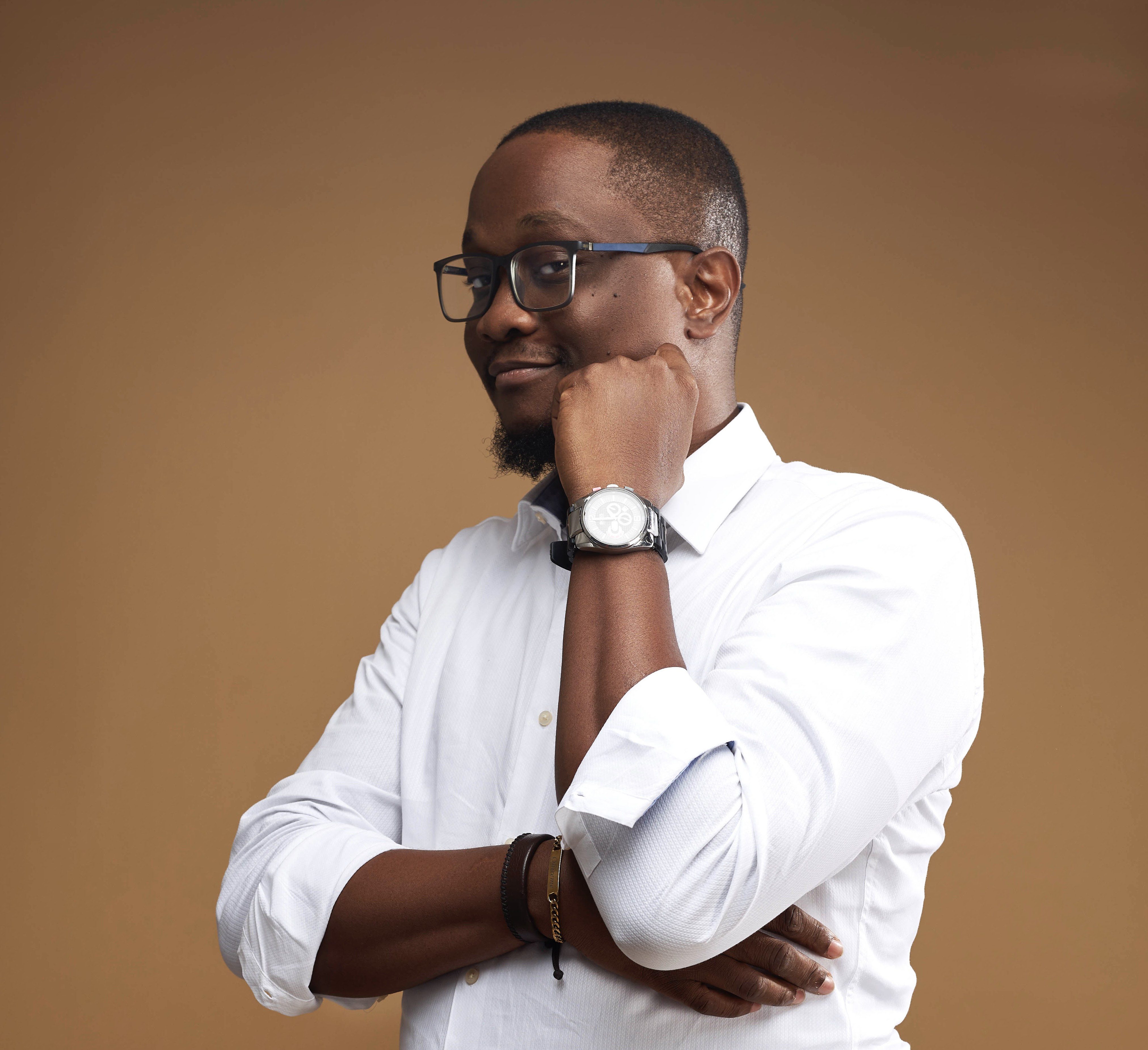Wale Ozolua rose to the top of the pile in the Oyo radio arena. At his peak, he was the head of programs at The Beat FM Ibadan. Then he said goodbye to it all. A few years later, with the streaming boom coming to Africa, he now he works with the Content Operations and Artist Services team at Audiomack in Africa.
Audiomack is one of many Digital Service Providers (DSPs) that have sprung up in recent years, providing platforms for musicians and other audio content creators to share their art with the world.
Last year, the American business magazine, Fast Company named Audiomack one of its top ten music companies, a list that also includes Parkwood Entertainment, the company owned by the pop music icon, Beyonce’.
What Wale does at Audiomack is make sure the tracks coming from African artists to the platform are properly categorised and entrenched into its algorithms.
Wale Ozolua’s journey to music
“It wasn’t like I just said, ‘okay let me go into the music business of life,'” Wale Ozolua told Technext recently. “It was largely a culmination of different experiences of life. I got to a point where it felt like I wasn’t adding value to the station,” he said of his choice to leave radio.
And so he started his journey to self-realisation, speaking to people who had walked the path before him, mentors, friends and family. When he got wind that an opening had come up at a music streaming platform for someone who will help integrate the algorithm into the rapidly expanding music genre, Afrobeats, he threw his hat into the ring, did all the interviews and came out victorious.


In 2020, he got a certification on the music business from the Music Business Academy for Africa, to sharpen his skills and since then, he has been taking it as it comes. In his days on the radio, he didn’t have to do a lot of front-facing, speaking to artists about the business and how to get music heads to stream the songs. Now that’s all he does.
“It’s been interesting,” he said of his new career. “It has gone from playing music, you know, listening to artists and giving a form of amplification to artists, to selling music. creating marketing strategies, rollout plans and all of that.”
But Wale is not just another music executive, showing up to work, doing interviews with the press and blowing funds from American tech companies.
Audiomack has rolled out “Premier Access,” designed specifically for artists who are part of Audiomack’s monetisation program. With Premier Access, musicians give their core fans access to tracks before they are released to the general public.
Wale Ozolua on Afrobeats in the age of streaming
As streaming has ballooned in recent years, with new demands that all lovers of music once again pay for songs, a new grievance has bubbled to the top among sound creators. Artists all over the world have laid complaints about streaming companies taking a huge chunk of the proceeds from the subscription fees and in some cases ads.
For Wale Ozolua, whose job is creating opportunities for artists to succeed on Audiomack, it’s a combination of factors, especially when it comes to African artists.
“The major issue, especially for Afrobeats, is internet access,” he said. “How many Africans can afford internet on their mobile phones? The bulk of the streams that you see from these Afrobeats artists, how many are from premium subscribers? The bulk of streams across platforms in Africa is freemium not premium. How do you monetise that?” he said.
For the argument that streaming companies and their algorithm dictate the sound and length of Afrobeats, he also has a different or rather more nuanced take. For him, the change is indicative of the fluctuating customer taste.
Read also: How streaming algorithms have become Afrobeat’s biggest gatekeeper
“The way we consumed music five years ago in Nigeria, is different from the way we consume music now,” he said.
Over the years, the industry has moved from gramophones to radio, to cassette, then CDs, streaming, and now, the metaverse. Wale says that it’s the consumer taste that is responsible for the change.
“A lot of people are now running around at an attention-seeking space now. That’s why a lot of artists are bent on getting that TikTok virality,” he said. “Fans want to just vibe and go. That’s why a lot of artists right now are putting up Singles rather than bodies of work…You will be surprised that a particular age bracket listens to albums, and EPs, over Singles. Then a particular age bracket will leave one Single to play on repeat ten times a day just because they like the vibe. That is not something that we can control.,” he said. “It’s a complicated pie.”
His prediction is that the change will continue. And new artists will have to adapt to the changing landscape of sounds. “The game is changing and if you’re not adapting to it to a certain extent, you’ll find out that people will leave you and they’re on to the next one,” he said.


Wale Ozolua is the first to acquiesce that Afrobeats has been good to Africa over the years, with the likes of Burna Boy and Wizkid snagging Grammy awards. But he is also worried that the streaming apparatus might kill off a huge swathe of other genres of sounds on the continent.
“What we’re seeing is that Afrobeats is making the world listen to us,” he said. “The major driving force for Afrobeats now is sound from Nigeria. The bulk of the sounds you hear from Africa has been unfortunately categorised as Afrobeats. But there have been so many beautiful sounds out there,” he said.
What Audiomack is doing
To solve the problem or at least try to solve the problem, Audiomack has introduced a general category for African sounds called “Afrosounds.” Under Afrosounds, are subcategories like Afrobeats, Amapiano and other sounds from the continent.
In March, the American music media company Billboard announced that it was launching a new chart, the Billboard U.S. Afrobeats Songs chart to cater to the demand for Afrobeats and other African sounds in the west. The announcement was met with mixed reactions by people who say that Billboard was yet again taking a gatekeeper role to songs from the continent, and people who welcome the move.


In February last year, Audiomack entered into a partnership with Billboard that will give the magazine access to its streaming data for the purpose of curating its top music charts, the single most influential music charts all over the world. This means that Audiomack streams will be highly influential in creating the Billboard Afrobeats chart.
You could have guessed that Wale is on board with the deal with Billboard. But not for the reasons that you might think. First, Wale Ozolua doesn’t think that this stops other African companies from creating their own Afrobeats charts. But more so, he said he is just around to champion whatever is good for the industry.
“I don’t have a problem with Billboard setting up its own Afrobeats chart,” he said. “But then, how much amplification have we gotten and support we’ve given to our own local charts that we have here in Africa? Do you understand? Journalists need to do better. Artists need to do better. Consumers need to do better. Everyone has to do better to uplift the game.”
What concerns Wale now
Wale Ozolua’s biggest concern for the now is that more African stories are being told by Africans. “If you don’t tell your story, someone will,” he said. “You see, it’s much more dangerous when someone tells your story for you.”






